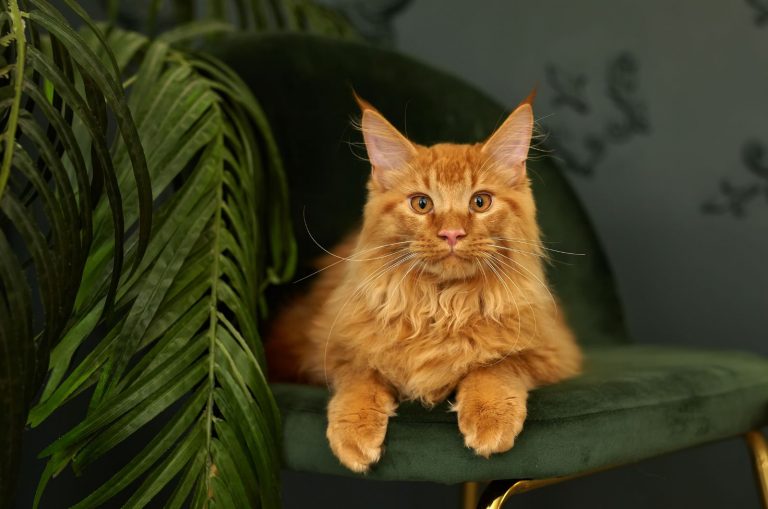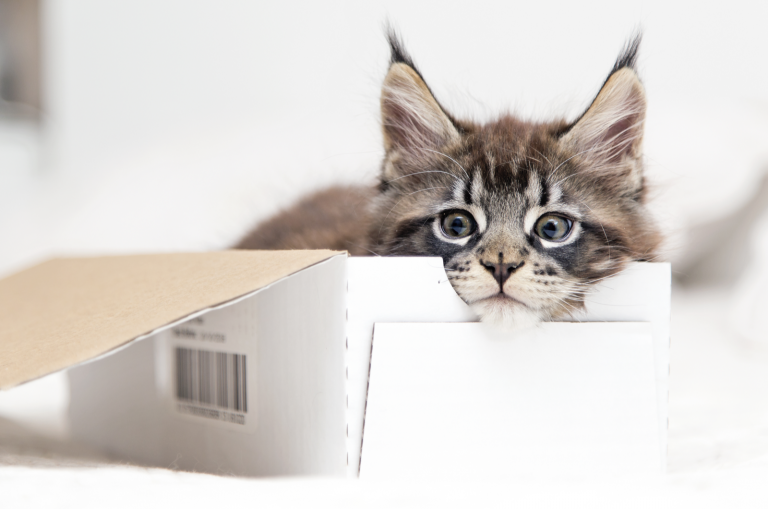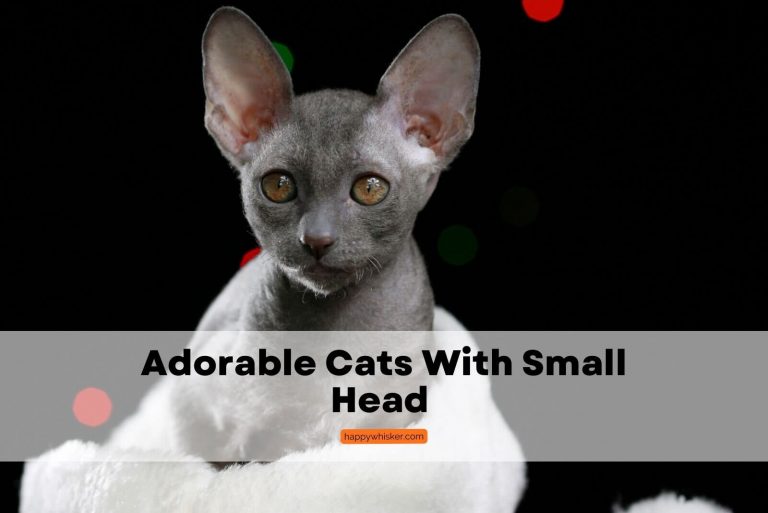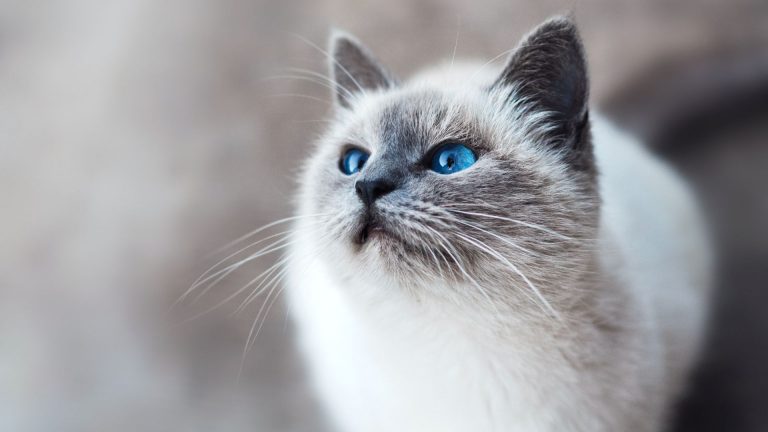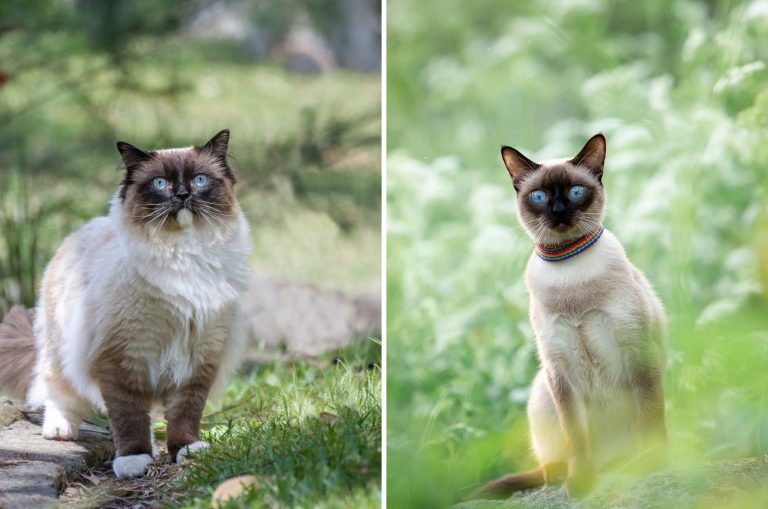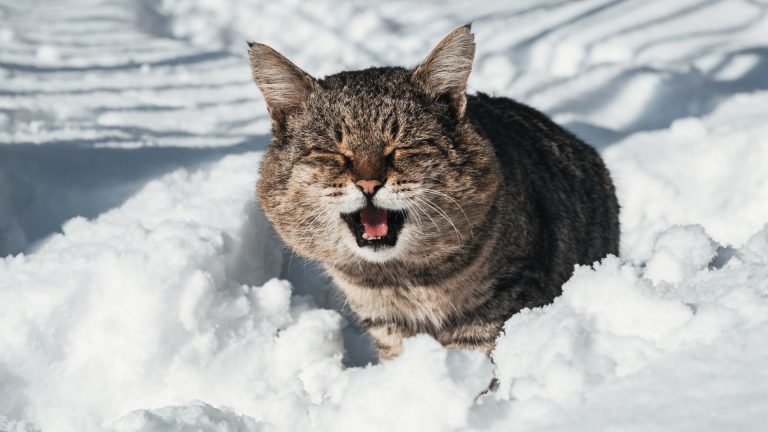All You Need To Know About Teacup Cats
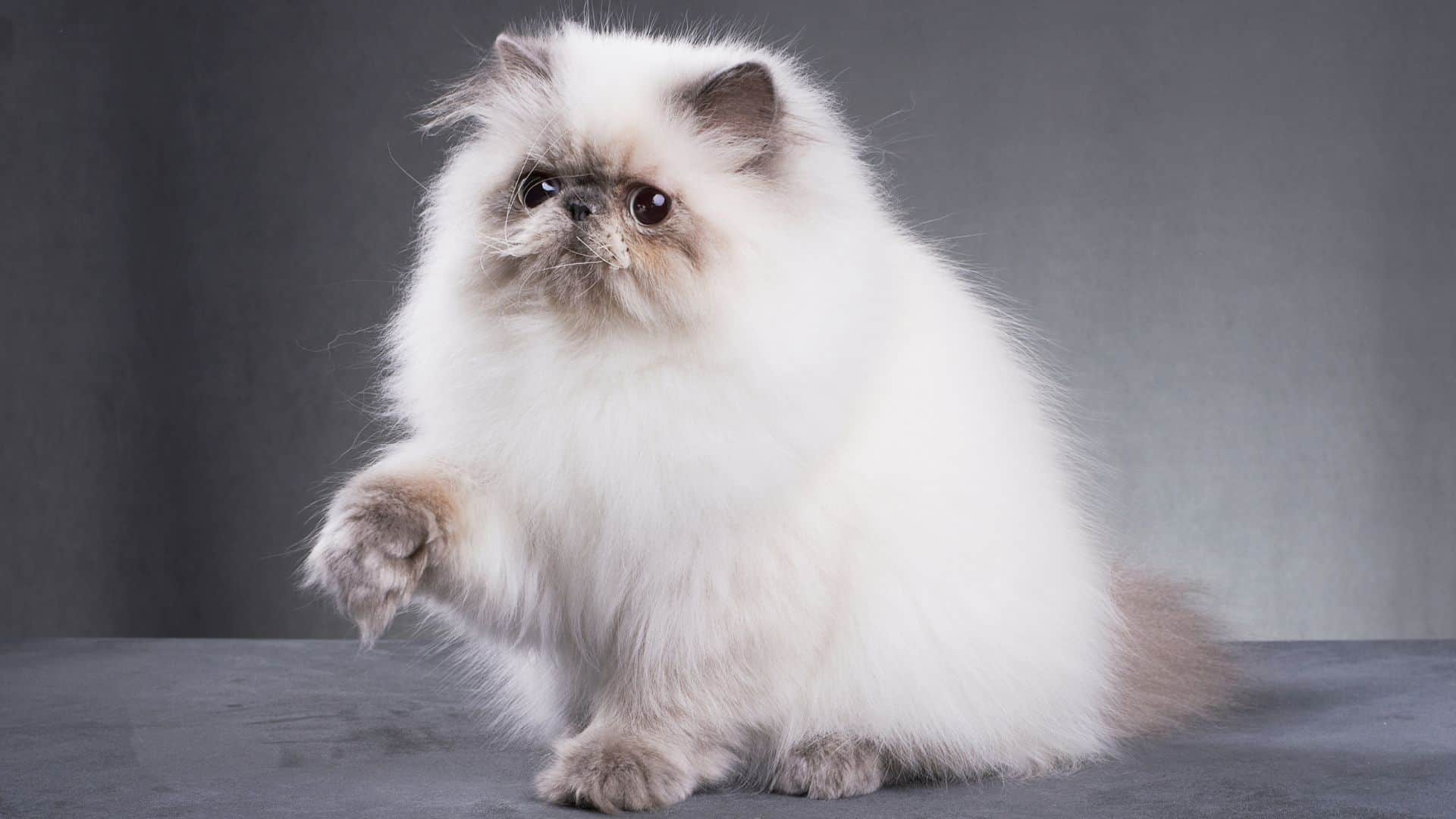
Teacup cats are intentionally bred to be very small, about two-thirds the size of regular adult cats. Some weigh around 5 or 6 pounds.
To achieve this size, breeders mate undersized females with undersized males, but some small cats are naturally tiny or have health issues. This kind of breeding can lead to genetic disorders and health problems.
Katie Lisnik, the director of cat protection and policy at The Humane Society of the United States, says:
“These cats were born runts for some reason. Something is not quite working in the body. That’s one of our major concerns with breeding for purely physical attributes. It could lead to genetic disorders and health concerns.”
About Health Risks
Teacup cat for a smile!
by u/musicboxtwist in raisedbyborderlines
If you’re looking for teacup breeders and kittens for sale, you’re most likely to find many breeders selling tiny Persian hybrids.
However, even at their normal size, their physical attributes can make them adorable but at the same time more prone to certain health issues. As Katie says:
“Those problems are even further exacerbated in a smaller cat.”
Teacup Persian hybrids are common, but their small size can worsen certain health issues. For example, trying to shorten their noses increases the risk of respiratory problems and infections.
These cats may also have jaw issues, affecting their ability to eat properly. Overall, Persians are also at a high risk of developing polycystic kidney disease, making their kidneys even smaller than they normally are can only amplify the risk.
Interestingly enough, any cat breed can be bred to be teacup-size.
However, no matter the pedigree, teacup-sized cats are more susceptible to oral and dental diseases. Another thing, when it comes to regulating their body temperature, teacup cats aren’t able to do it as well as their regular-sized peers.
Teacup cats’ smaller joints and bones make them more susceptible to injuries and arthritis. In order to keep a teacup cat as healthy as possible, you need to visit the vet regularly. Katie also mentions how these cats may also be more stressed:
“They will have these instincts to run, jump, climb, and do all of the things a normal cat does, but if their body is not allowing them to exhibit those behaviors, I imagine it would be a big source of frustration.”
Benefits Of Owning Teacup Cats… Are There Any?
When we talk about dogs, many people believe that teacup dogs might be more suitable for people living in apartments or smaller houses. Also for people who find them adorable to own or those who can’t afford to feed and take care of a larger dog.
However, when it comes to cats, neither I nor Katie Lisnik can think of a benefit for owning a teacup cat. Your cat, be it teacup or large-sized, will still need the same amount of attention and care, in other words:
“You’re not getting out of any of the responsibilities of owning a cat.”
Regular-sized cats are already well-suited to smaller living spaces, so having a teacup cat doesn’t offer any specific benefits. Whether large or small, cats require the same level of care and attention.
Adopting a cat from a shelter or rescue center is a better option, as it provides a loving companion without supporting potentially harmful breeding practices.
Also, as Katie points out, and what we at Happy Whisker advocate, is adopting a cat from a shelter or a rescue center. As Katie puts it:
“You’re looking for a companion, not an animal that looks wonderful and healthy as a kitten and then dies of a genetic disorder at age 3 or has chronic health problems.”
I’d put it more mildly and say that there are so many wonderful cat breeds in existence already, so why risk damaging them just to make them smaller in size?
If you’d like to know more about why shelter cats are the best, check out our article: 7 Reasons Why You Should Adopt A Shelter Cat
And just to briefly comment on purebred cats, only if you are really keen on a specific cat breed, then make sure you work with a reputable and registered breeder!
Final Word
In summary, teacup cats are usually more prone to health risks due to their size, and it’s better to consider adopting a cat from a shelter or working with reputable and registered breeders if you’re keen on a specific breed.
Choose your pet wisely and responsibly! I hope we’ve clarified the whole “teacup cat” idea for you, and that you’ll consider this when you decide to get a new pet.

